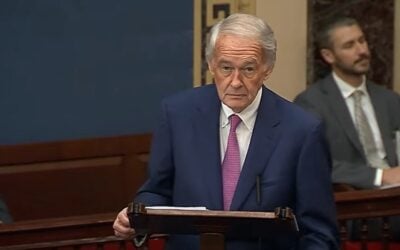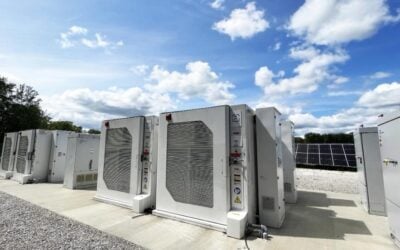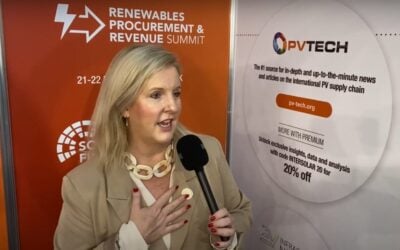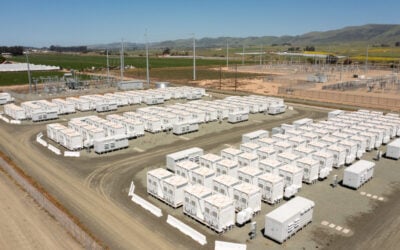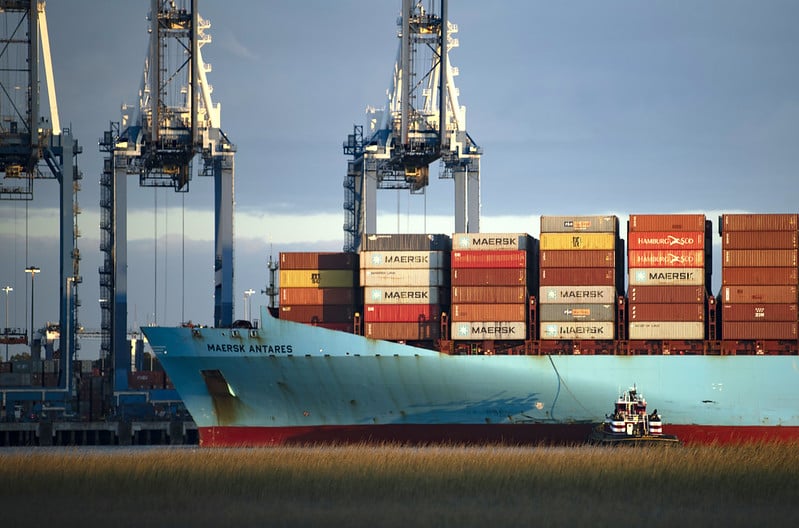
US president Donald Trump will enact an additional 10% tariff on goods from China, affecting batteries and BESS, on top of a previously-announced tariff increase set to come in next month.
Posting on social media site Truth Social yesterday (27 February), Trump said the previously-announced new 10% tariff on goods from China and 25% on Mexico and Canada would take effect next week, on 4 March.
Enjoy 12 months of exclusive analysis
- Regular insight and analysis of the industry’s biggest developments
- In-depth interviews with the industry’s leading figures
- Annual digital subscription to the PV Tech Power journal
- Discounts on Solar Media’s portfolio of events, in-person and virtual
Furthermore, China will have an additional 10% tariff imposed on it, effective in April. Trump said the moves are primarily aimed at stopping the import of goods that go towards the production of the synthetic opioid drug fentanyl, the centre of the most recent phase of the US’ opioid crisis.
The latest tariff will bring the total combined tariff on batteries and battery energy storage system (BESS) products from China to 48.4% from January 2026, Energy-Storage.news calculates. That is made up of:
- a 3.4% tariff on all battery goods globally
- A Section 301 tariff on batteries from China, which is currently 7.5% and increasing to 25% in January 2026 (already the case for EVs)
- The two 10% tariffs announced by Trump since he became president outlined above
This will hit the BESS market primarily, with 90% of the US BESS market using Chinese lithium iron phosphate (LFP) cells in 2024, compared to less than 10% of the US EV market, market intelligence firm Rho Motion’s head of research Iola Hughes said in a post about the news on LinkedIn.
China dominates production of LFP batteries, which BESS overwhelmingly use now, while nickel manganese cobalt (NMC) production is more spread out throughout East Asia, with South Korea a major player.
Whether these tariffs will make the US’ battery manufacturing industry cost-competitive with China remains to be seen. 2024 data from BloombergNEF found that, compared to US manufacturing, China is 60% cheaper for BESS and 31% cheaper for battery packs, but anecdotally Energy-Storage.news has heard figures indicating an even higher disparity.
The future of tax credits for clean energy manufacturing, introduced by the previous Biden administration as ‘carrot’ to the ‘stick’ of tariffs, is not clear under Trump. But with most manufacturing projects benefitting located in Red states, commentators generally agree a repeal is unlikely.

